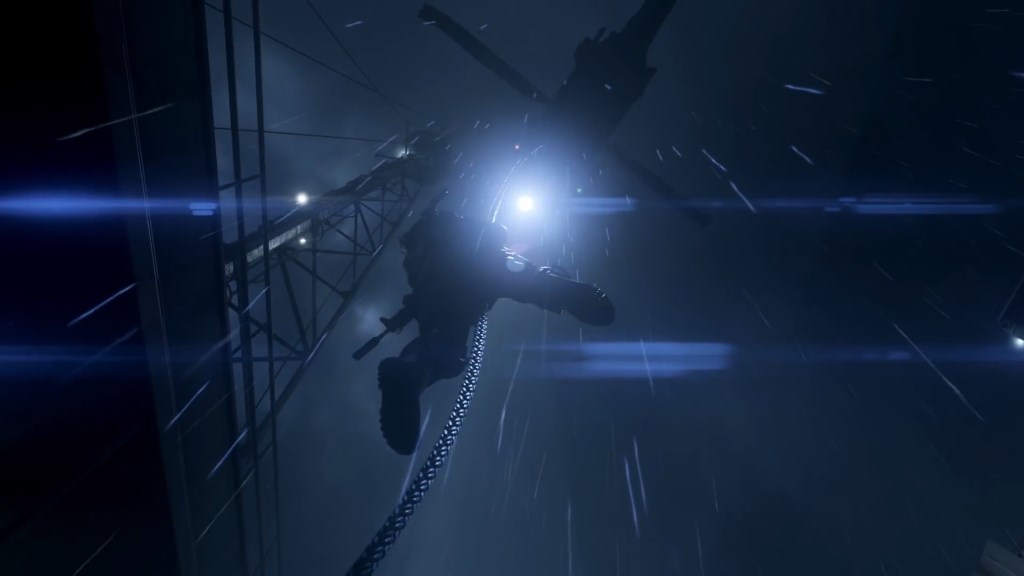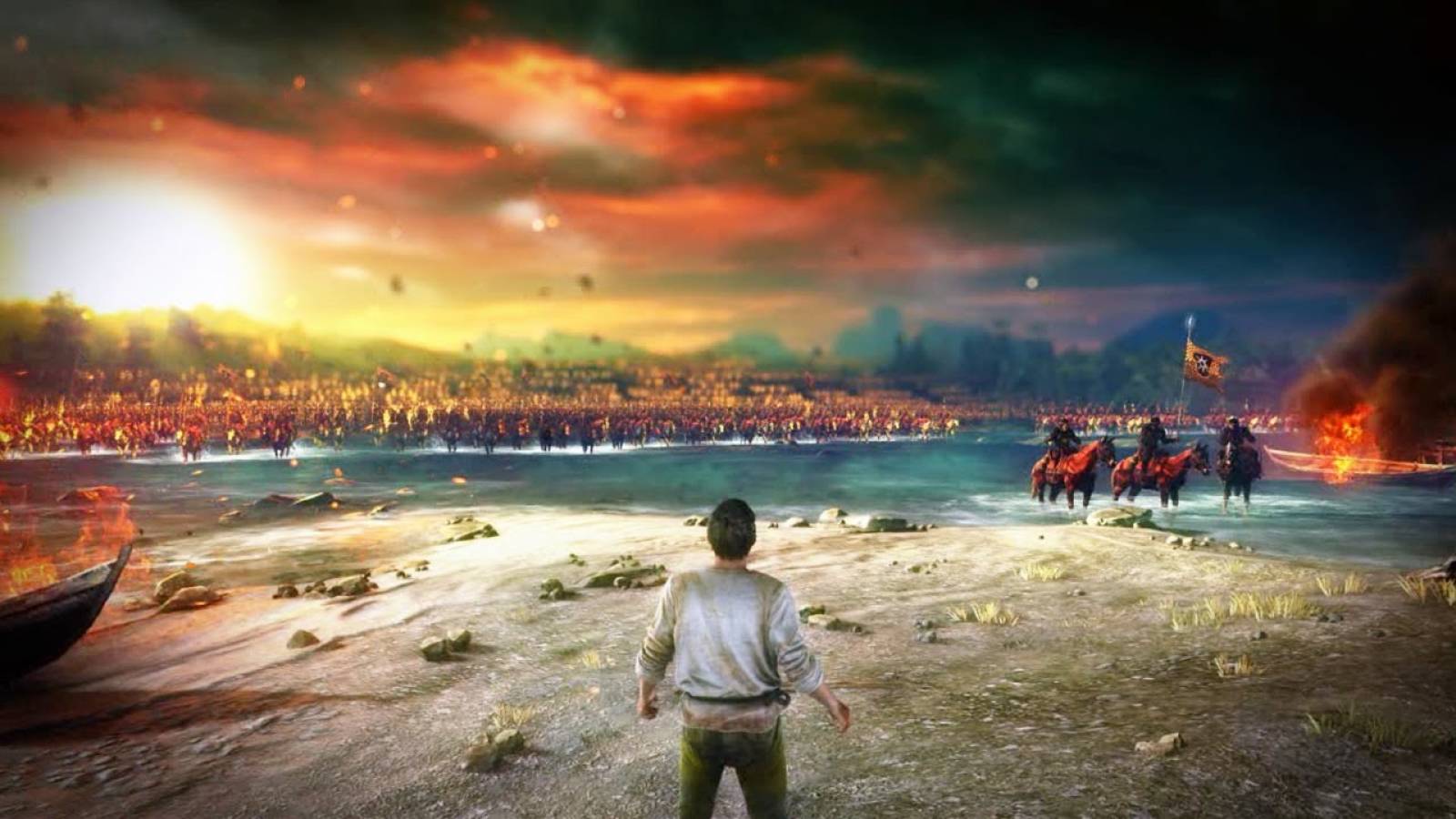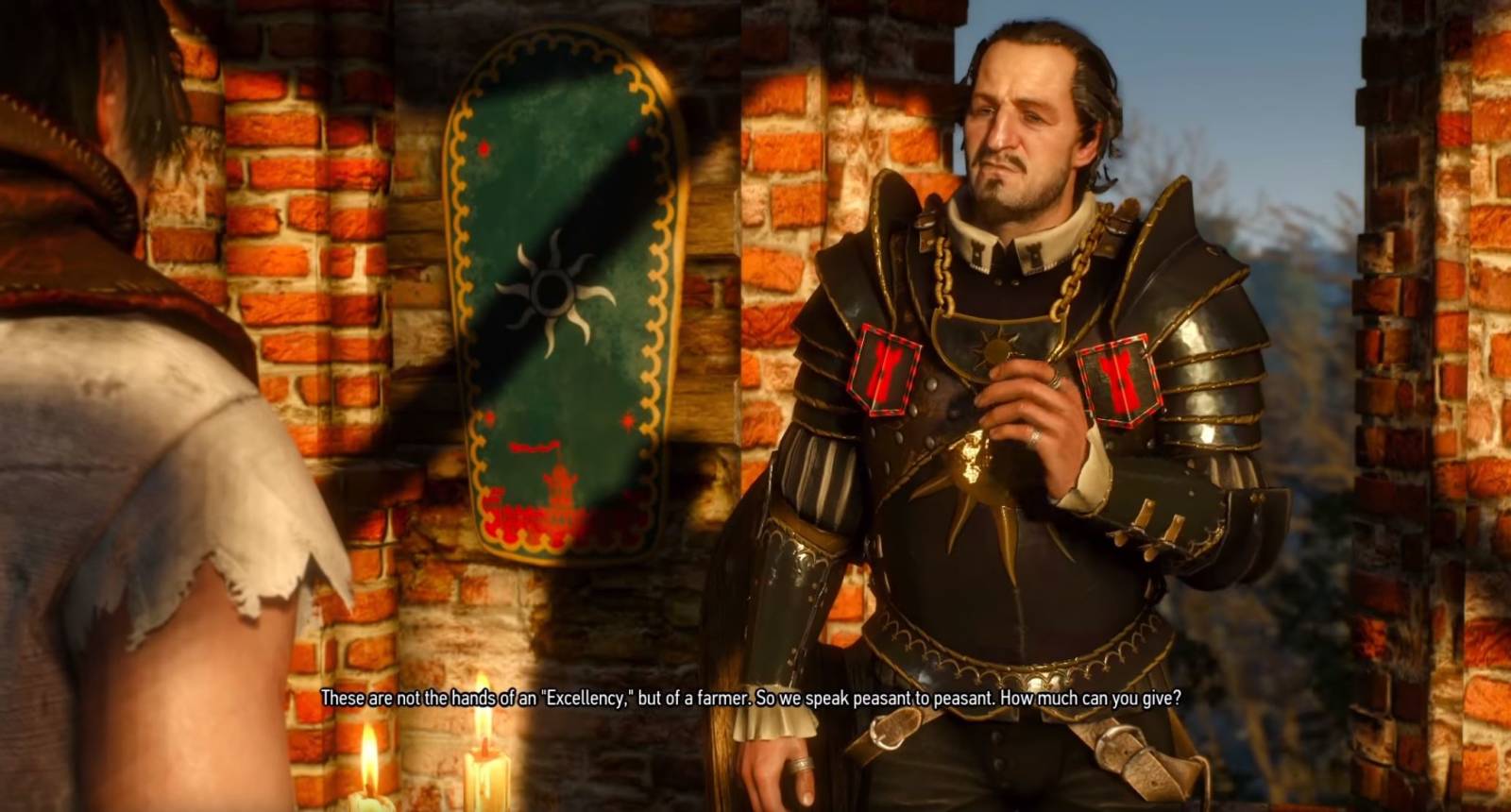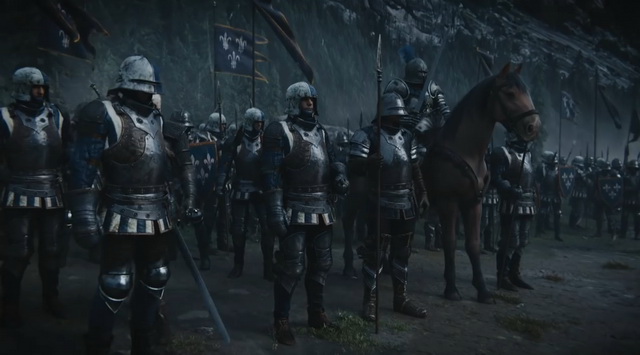In the war described by The Witcher 3, you will not find moral lessons but only struggles for survival.
War is one of the major themes in the gaming industry, and many, many games bring joy to gamers by romanticizing war or using war as its foundation. You can think of wandering in a post-apocalyptic world of Metro: Exodus, rebuilding the “American dream” in Fallout, taking part in heroic missions under the “call of duty” Call of Duty, or prepare for a total galaxy battle in Mass Effect.
Fallout and Call of Duty are both exciting. Preparing for war in Mass Effect 3 feels strangely satisfying whenever you convince a new race to contribute a fleet against the common enemy. The lonely world of Metro: Exodus gives gamers something very personal, a bit sad, and finds exciting adventures. All of those games – and many others – exploit war in a fun way that gamers can experience because whether you’re part of the war or experiencing the consequences of the war, they both separate you from the aftermath of war and rarely see its implications in the world around you.

Call of Duty is trying to show the psychological burden that war causes.
The Witcher 3 is different. As one of the games that left me the most impressed for years of my gaming, The Witcher 3’s world is vast, profound, and full of surprises. The game also had a war, but CD Projekt Red showed this war in a completely different way when it focused on conducting its badness. They tell you that war breaks families, takes lives, and destroys villages.
How?
If you’re new to The Witcher, this is a fantasy RPG setting based on old Polish stories, set in a region called “northern kingdoms.” This is an area of many countries with complex, overlapping relationships built with hatred, peace, and money. Because they were in a fragmented state, the Nilfgaardian Empire decided to attack to annex these countries. You are Geralt of Rivia, a monster hunter (Witcher) specializing in destroying corpses, goblins, demons, or any other beast.

Nilfgaardian army attacked.
In the vast majority of games, developers want to delight our gamers by giving us the power we don’t have in real life, making you the focus of every event when what you do will significantly influence everything around them. The Witcher 3 also follows this direction because you are the most potent Witcher in history, but Geralt is not the focus of everything.
In the CD Projekt Red scenario, he has his own goals and always tries to avoid the conflicts between the warring parties instead of rushing into them, entirely unlike the heroic image. You may notice this during the game: Geralt never enters big fights but appears only in moments when people have stopped their swords.
By playing The Witcher 3 near, you will probably understand why Geralt did so and sympathized with this character. CD Projekt Red does not describe the joy of war or the glory it brings. Through the soldiers’ lines in the game, you know that the battle they are engaged in is a series of days of boredom, fatigue, exhaustion, sometimes mixed with madness. Those directly involved in the war only found fear and waited for the day to return to their homeland.

Infinity Ward and efforts to balance the chances of Warzone Perhaps the unique mark that Infinity Ward wants to create for Warzone lies in reducing the importance of the element of chance and allowing gamers to take revenge.
Man, neither good nor bad
One of my most special missions was when I stepped into a Nilfgaardian stronghold to meet the occupying forces commander at the beginning of the game. When Geralt finds his target, he talks to an indigenous farmer: the commander’s soldiers occupy the village that needs food, and the farmer has food.
“Look at my hand,” the commander said. “See the calluses? These are farmers’ hands. We are farmers talk to farmers. How much rice can you submit? ”
“Sir, 40, bushel. There should have been more, but Temerian soldiers confiscated us before, and… ”
At this point, the commander interrupted: “Submitting to 30 is enough.”

Nilfgaardian commander and farmer Temeria.
It was hard to say that the commander was the wrong person. He acted very humanly while taking care of his soldiers but not by squeezing out the lives of others. When the farmer returned and handed over the rice’s moldy bags, the commander ordered punishment by whipping because he felt his generosity was insulted. The farmer must not be wrong, but he just had no other choice. The commander was also not evil because he had tried to give the way of life to those who were strangers to him. The actions of both are to protect themselves, to survive, not for good or evil.
The soldiers in the world of The Witcher 3 are not interested in glory or fame but want full meals, safe-havens, and weapons to protect themselves. But as the war broke out, many people failed to achieve those aspirations: the corpses of both Nilfgaardians and northerners scattered everywhere, lying in the fields, hanging in trees, rotting in the swamp. And in many other places. Ordinary people don’t care about the big things like who will rule over them, but only pay attention to the upcoming meal. They know that their life can be turned upside down at any time and not trying to be a hero. You only see ordinary people struggling to gain the right to continue living.

The soldiers in The Witcher 3 do not seek glory. They only desire to survive.
You must have realized the similarities between The Witcher 3 and This War of Mine, another famous game, by showing the horror of the war and forcing gamers to make tough decisions and challenging standards the morality of myself. Although one game gives us the power to avoid or change the fight’s outcome, while the other game can only struggle to survive, both choose a different direction when showing us the evil face fierce of war.





